2015 “Social and Environmental Justice” Twinner
Chinese NGO |
European NGO |
| Aifen, Shanghai | Zero Waste France, France |
| Shanghai Rendu Ocean NPO Development Center, Shanghai | Marine Conservation Society, United Kingdom |
| Friends of Nature, Beijing | Zero Waste Italy, Italy |
| Shanghai Green Oasis, Shanghai | Foodwaste.ch, Switzerland |
| Tianjin Binhai Environmental Advisory Service Center, Tianjin | Deutsche Umwelthilfe e.V., Germany |
| Evergreen Center for Sustainable Development, Beijing | Forumul Cetatenesc pentru Actiune Sociala si Educatie Civica, Romania |
| Eco-Watch Institute, Kunming | A tip: tap e.V., Germany |

Aifen, Shanghai
The Aifen Environment Organization was established in 2012, focusing on community waste management and waste reduction. It aims to promote waste reduction and forms of recycling in Chinese communities and to build a zero-waste society by promoting community practices, training and consultation, community education and public advocacy. Aifen have so far successfully launched and completed forty-five projects in communities and trained 60.000 citizens in the proper handling of waste.
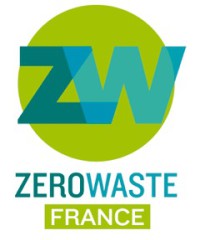
Zero Waste France, France
Zero Waste France is an environmental NGO focused mainly on household waste reduction. And also a member of GAIA and Zero Waste Europe. They provide access to independent information and analyze, explain and throw light on environmental issues and health risks connected to waste management. Zero Waste France advocates for more ambitious regulation in all fields related to resources and waste management. As a member of the national council for waste issues, they are directly involved in policy-making discussion. They are particularly active on recycle policy and on reuse and consignation practices. They now also work directly with local governments interested in adopting a Zero Waste strategy, providing them with training and knowledge
Topic of Exchange: Comparison of different systems of waste management and waste policies
The exchange will focus on the comparison of different systems of waste management and waste policies. This comparison will enable both organization to promote better solutions at the local or national levels and help them strengthen or renovate public awareness campaigns. Since they both are working with local communities, the exchange could also lead to further cooperation related to “on the ground” projects

Shanghai Rendu Ocean NPO Development Center, Shanghai
Founded in 2007, the Shanghai Rendu Ocean NPO Development Center focuses on marine environmental protection. As the Ocean Conservancy’s chief coordinator in China mainland, they organize local volunteers to clean up beaches each year, and also assist coastal organizations to carry out beach cleanup activities and build up national co-work networks. Besides, they design and teach marine education courses in primary schools. Their programs also include research on China’s marine debris management system, China’s marine debris data report, river observation posts and beach eco-tourism. Shanghai Rendu also represents Chinese NGOs at the annual UNEP meetings
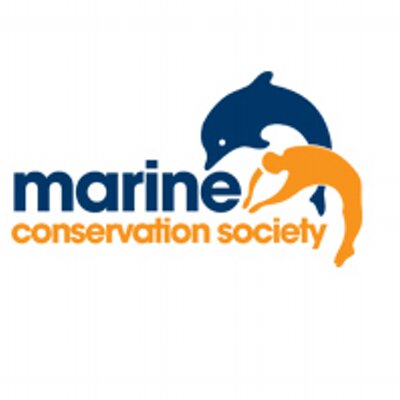
Marine Conservation Society, United Kingdom
The Marine Conservation Society (MCS) is the only charity in the UK working exclusively to protect our seas and marine life. MCS campaigns for clean seas and beaches, sustainable fisheries, protection of marine life, and sensitive use of marine resources. MCS has an excellent reputation for promoting solutions to the many threats that face our seas by informing, involving and influencing those that have a responsibility for the marine environment. They also provide NGO representation at the EU level for a number of issues including fisheries, bathing waters and marine litter.
Topic of Exchange: Marine debris management
The Marine Conservation Society, UK and the Shanghai Rendu Ocean NPO Development Center will exchange knowledge on how to manage marine debris effectively, with a focus on plastics from land based sources. With China currently being the biggest contributor to marine plastic in the oceans and a lot of UK waste being sent to China they want to obtain a better understanding of the challenges that NGOs in China and the UK are facing.

Friends of Nature, Beijing
Friends of Nature (FON) is the oldest environmental NGO in China. Registered in 1994, it has expanded to an organization with over 10,000 volunteers, thirteen local and four national groups throughout China. FON aims to promote awareness for what it holds to be China’s most urgent environmental problems: global warming, the extinction of endangered species and waste in cities. FON systematically trains teachers who are sent out to communities in order to foster understanding of environmental problems and their social implications.

Zero Waste Italy, Italy
Zero Waste Italy (ZWI) was founded in May 2009. Its main goal is to promote a Zero Waste strategy aiming to improve sustainability on a social, economic and environmental level by providing support to all communities and groups of activists attracted to the concept of Zero Waste. ZWI is collaborating with Zero Waste Europe and Zero Waste International and is therefore familiar with transnational challenges and successes in the struggle for waste reduction.
Topic of Exchange: Waste reduction practices
FON and ZWI will exchange knowledge on technologies and practices related to the management of waste and local resources such as composting, electrical recycling and other methods of reuse, attempting to improve and develop their experiences and expertise on the creation of sustainable systems of living, consuming and producing.

Shanghai Green Oasis, Shanghai
Shanghai Green Oasis is the first officially registered grassroots NGO in Shanghai specializing on environment protection. It was founded in November 2004 and is now a thriving organization with more than 500 registered volunteers. Besides is aim to provide Chinese cities with more green areas, Shanghai Green is currently focusing on China’s first Food Bank Project, a cooperation with the Global Food Banking Network dealing with methods of reducing food waste for which it has received support and praise from the Government.

Foodwaste.ch, Switzerland
Foodwaste.ch and its affiliated organizations aim at reducing waste, working along the principles of the waste hierarchy (reduce, reuse, recycle). They target private households as well as the home food industry and packaging waste of foodstuffs. The organizations regularly organize events and campaigns around the prevention and reduction of food waste. Besides, they provide consulting services and advise the Swiss government in designing food waste reduction projects and measures.
Topic of exchange: Food waste/food banks
The wastage of food is a great challenge for both China and Switzerland. While alone in Shanghai 1,200 tons of food are destroyed every day, around 2,3 million tons are thrown away in Switzerland every year. Littering food is not only a waste of resources but bears many ethical questions, given that almost a billion people in China and Europe suffer from under- or malnourishment. Foodwaste.ch and Shanghai Green Oasis want to compare and understand the challenges in their exchange country and work on a strategy on how to sustainably reduce waste.
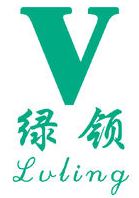
Tianjin Binhai Environmental Advisory Service Center, Tianjin
Tianjin Binhai Environmental Advisory Service Center (Tianjin Lüling – TL) was founded in 2010 and is a Tianjin civil environmental charity organization. TL works on the premise that overcoming environmental issues requires long-term monitoring and advocacy of the local public. TL cooperates closely with journalists, giving victims or experts a platform to present their point of view and drawing public attention to environmental and implemented social problems. The effectiveness with which it aims to reduce air pollution and water pollution has brought TL national and international attention.
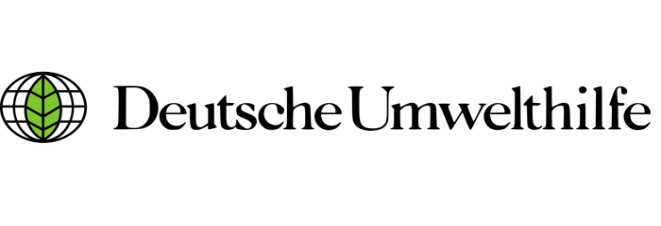
Deutsche Umwelthilfe e.V., Germany
The Deutsche Umwelthilfe e.V. (DUH), founded 1975, is an independent non-profit association which focuses on protecting nature, environment and consumer rights. Activities of the DUH include coordination, public relations and campaigning as well as consultancy of policy makers on national and European level. Since 2009, DUH´s traffic department has been coordinating the Pan-European Campaign “Soot Free for the Climate” consisting of 13 European NGOs and since 2012 it is part of the EU Life Project “Clean Air” where it is working on legal opportunities to fight for the right of clean air.
Topic of exchange: Air pollution
Air pollution is not only a serious issue in China but has an impact on the health of European citizens living in cities as well. It is essential for stakeholders to get together and discuss strategies to solve air quality problems. The DUH and TL want to make a first step by sharing their first-hand experiences, successes and their strategies to meet challenges in reducing air pollution best

Evergreen Center for Sustainable Development, Beijing
The Evergreen Center for Sustainable Development is a non-profit youth organization, founded in Beijing in 2012. Its main areas of work include promoting children’s ecological and moral awareness, helping disadvantaged children in cities integrate in society and finding constructive ways on how to build the foundation for sustainable development. Evergreen Center has been actively participating in international exchange activities and become partner of several EU civil organizations. The Evergreen Center aims to build a platform for international civil exchange.
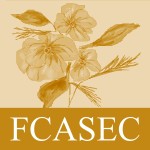
Forumul Cetatenesc pentru Actiune Sociala si Educatie Civica, Romania
Forumul Cetatenesc pentru Actiune Sociala si Educatie Civica (FCASEC) was established in 2003 and is a social, non-political and non-profit organization acting at both regional and, as partner of youth organizations throughout Europe, South America, Africa and Asia at international level. In the past four years, FCASEC has implemented six voluntary projects financed by the European Commission. Its main concerns are environment protection, environmental education and social inclusion, in particular of socially disadvantaged children.
Topic of exchange: Social inclusion through environmental activities
The discrimination of the Roma who are widely considered unable to integrate into Romanian society is a huge problem in Romania. Especially children suffer from unequal chances of access at school or when entering work life. Similarly, a large number of children whose parents are migrant workers do not enjoy the same opportunities as their peers with urban hukou in Chinese cities. FCASEC and the Evergreen Center therefore will exchange on ideas and methods on how to integrate socially disadvantaged young people into society through environmental projects.
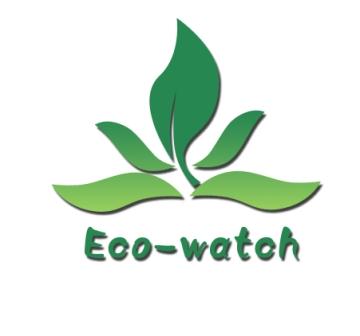
Eco-Watch Institute, Kunming
Eco-Watch Institute (EWI) is a non-profit organization, aiming to undertake activities on energy, environment and ecology issues in China’s rural pro-poor areas to help the poor and improve the quality of environment and agricultural-ecological system, and ultimately realize sustainable socio-economic development in rural areas. After its foundation in 2006, EWI has become a technology R & D alliance from a research group composed by several holders of a PhD degree and masters. It is now administered by a group of scientists and entrepreneurs during the process of implementing scientific knowledge in industrial practice. The working areas of EWI have expanded into rural energy, climate change adaptation, water management, energy policy, ecological agriculture, solar energy utilization, environmental education
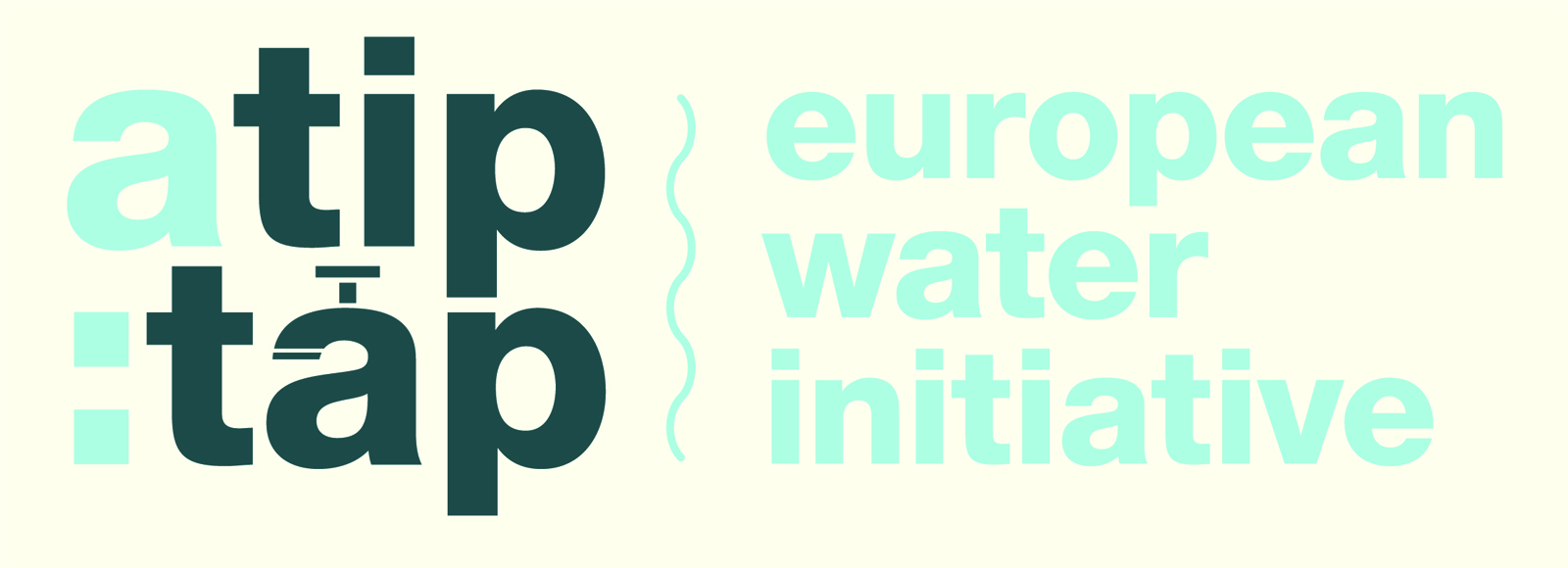
A tip: tap e.V., Germany
A tip: tap e.V. is based in Berlin, Germany. Since 2010 the interdisciplinary team has promoted sustainable (tap) water consumption as they see it as healthy, delicious, cheaper, up to 1000 times more environmentally-friendly and one of the best-controlled foodstuffs in Germany and France. The faucet fans have initiated a range of projects: It promotes public fountains, organizes campaigns to improve the image of tap water, water mobs, workshops and degustation tests, attends fairs, consults and awards gastronomy services, companies or any other interested party who desires to switch from bottled to tap water consumption in reusable cups. The association has recently started its work in France in 2015 and expands its repertoire by the creation of scenes using the participatory drama form theatre forum
Topic of exchange: Sustainable water consumption/theatre-forumThe organizations’s joint project envisages the examination of sustainable water consumption. Participants will “spect-act” in knowledge co-construction processes on water consumption in the European and Chinese context through theatre forum. Spectators become “spect-actors” offering an intimate, interactive personal experience inspired by everyday stories. Eliciting multiple perspectives by theatre forum, local narratives and mental maps will be created contributing to local sustainability transitions. During the project’s stay in Europe the twinning team intends to focus on drinking water and paradoxical consumption behavior while in China the links between climate change and drought, Yi cultures, irrigation and livelihood strategies are examined |